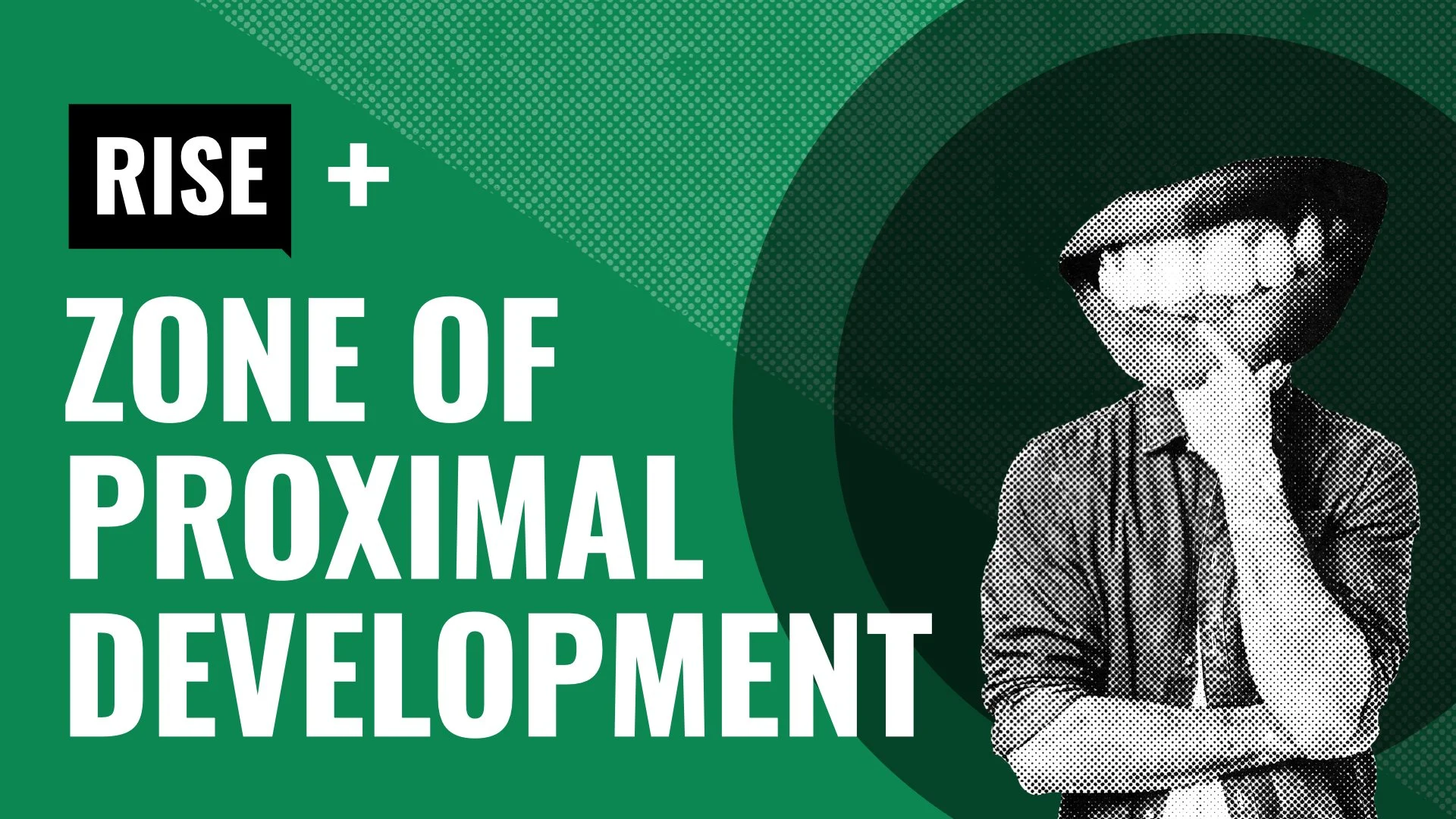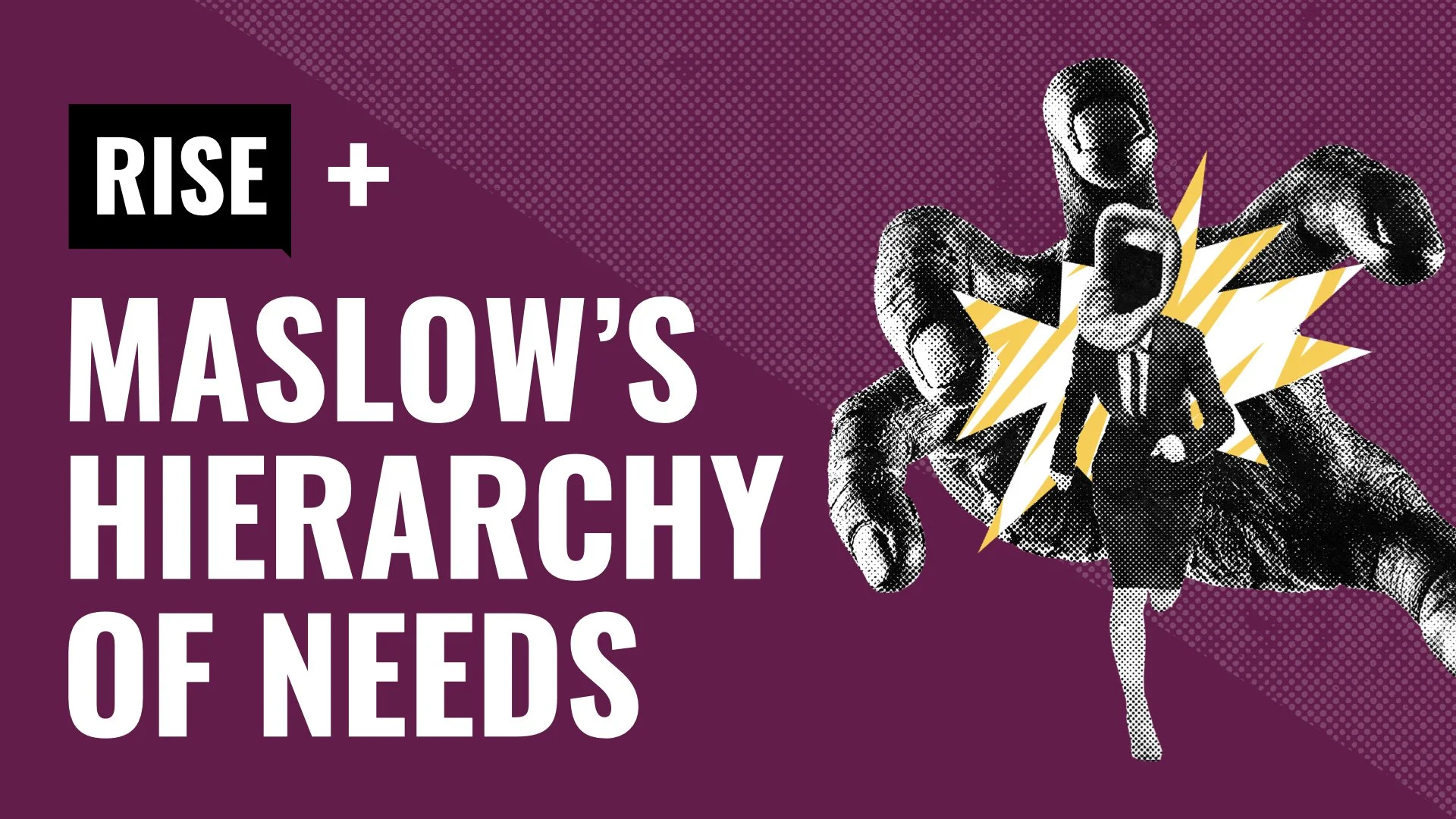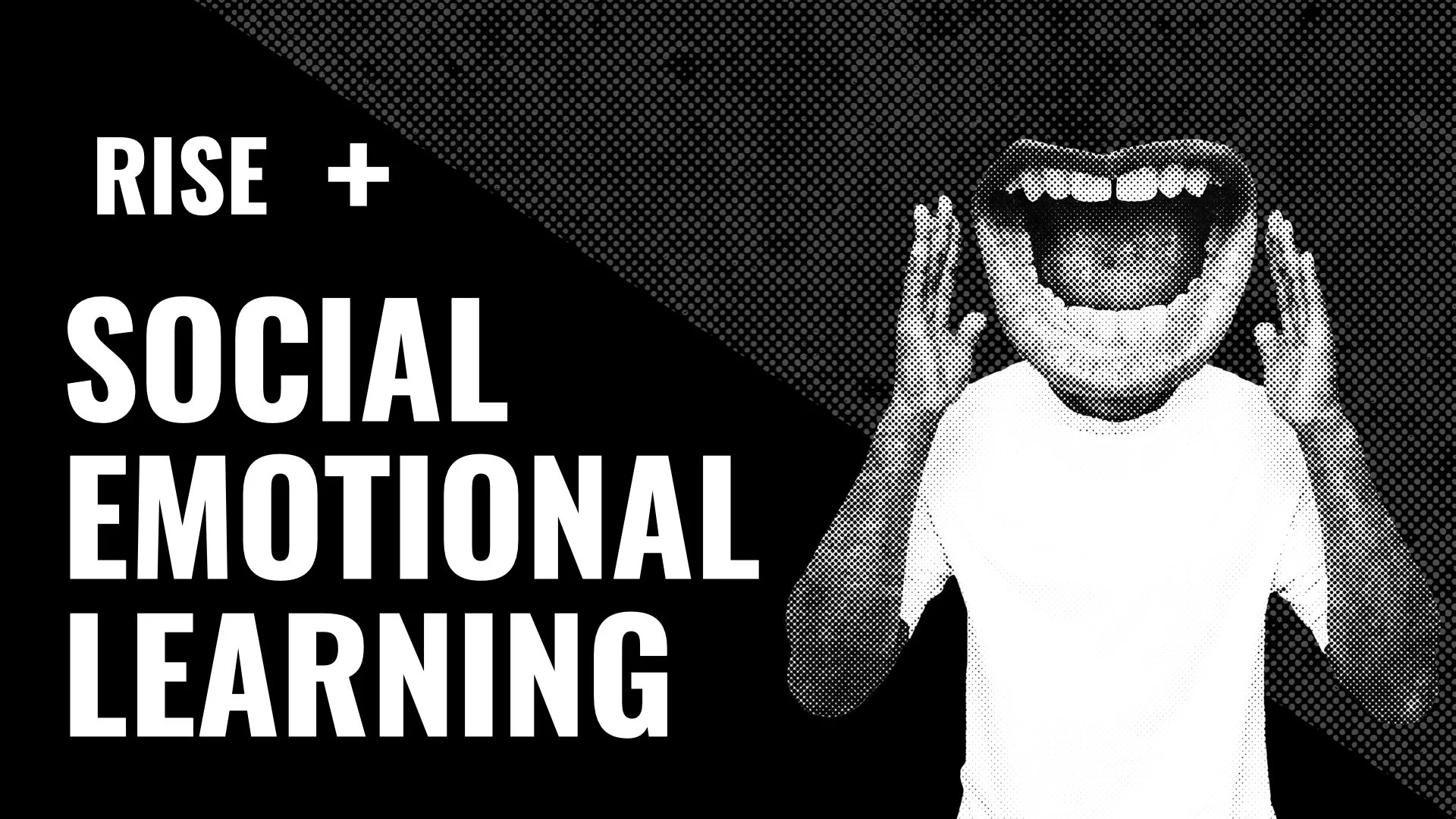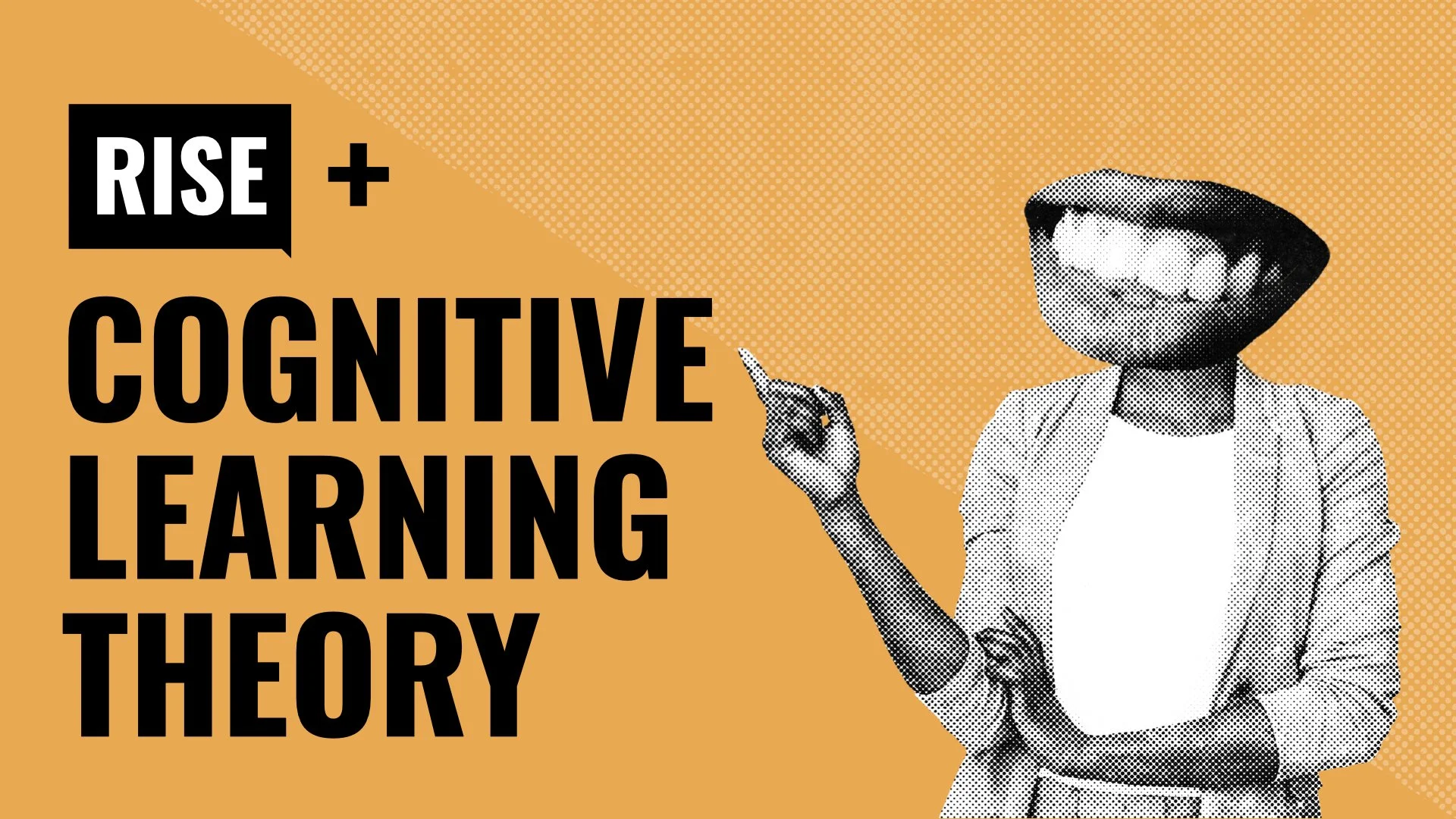Scaffolding Growth with Vygotsky’s Zone of Proximal Development
Most people aren’t taught how to give or receive feedback—they’re expected to just know. Vygotsky’s Zone of Proximal Development shows us that skills like feedback thrive with a little structure and support. That’s exactly what RISE provides: a scaffold that turns feedback into a teachable, transferable habit.
What Maslow’s Hierarchy of Needs Teaches Us About Feedback
Feedback can feel risky because it touches on our deepest needs—for safety, belonging, and esteem. The RISE Model honors these emotional layers, helping individuals feel seen and supported as they grow. By creating psychological safety, RISE makes space for authentic development and self-actualization.
How Social Emotional Learning Shapes the RISE Model
Feedback is an emotional experience shaped by our sense of self and social context. The RISE Model brings Social Emotional Learning to life by helping individuals navigate feedback with empathy, curiosity, and confidence. It turns peer and performance reviews into moments of connection, not conflict.
How Cognitive Learning Theory Supports the RISE Model
Feedback isn’t a reflex—it’s a mental process shaped by memory, perception, and interpretation. Grounded in Cognitive Learning Theory, the RISE Model helps learners slow down and process feedback with intention, activating deeper thinking and more meaningful action. It’s a practical scaffold for developing reflection and growth in any learning environment.




